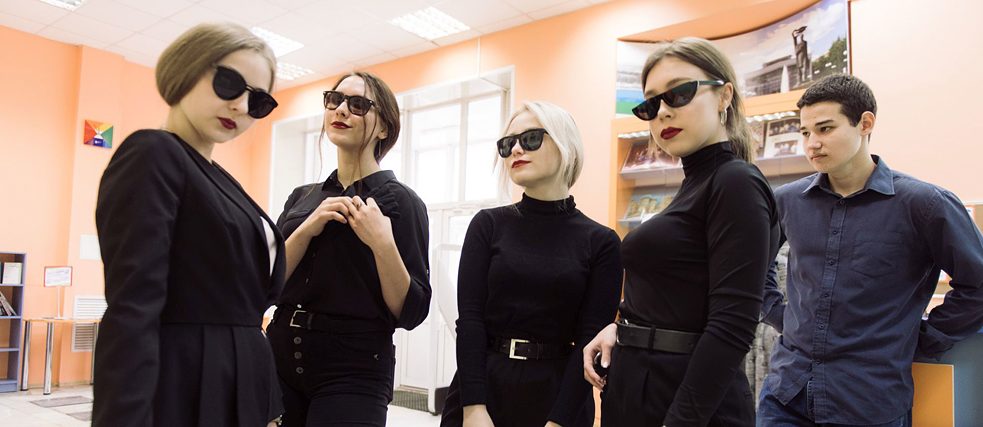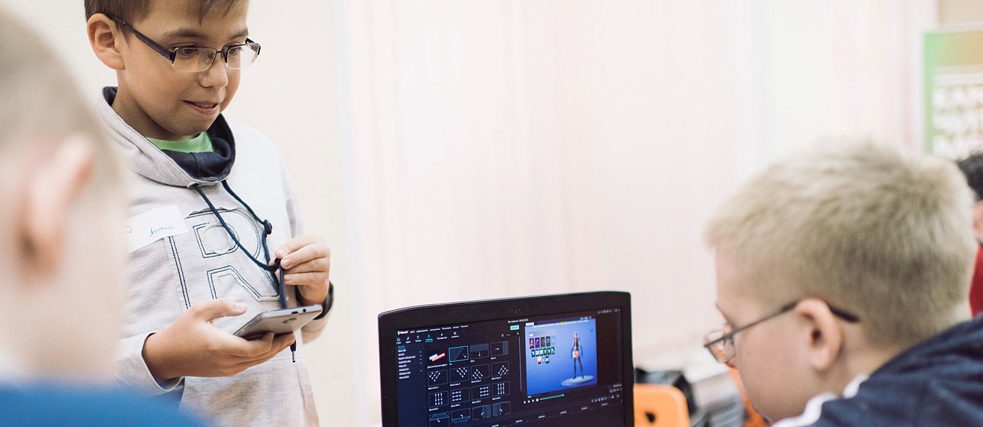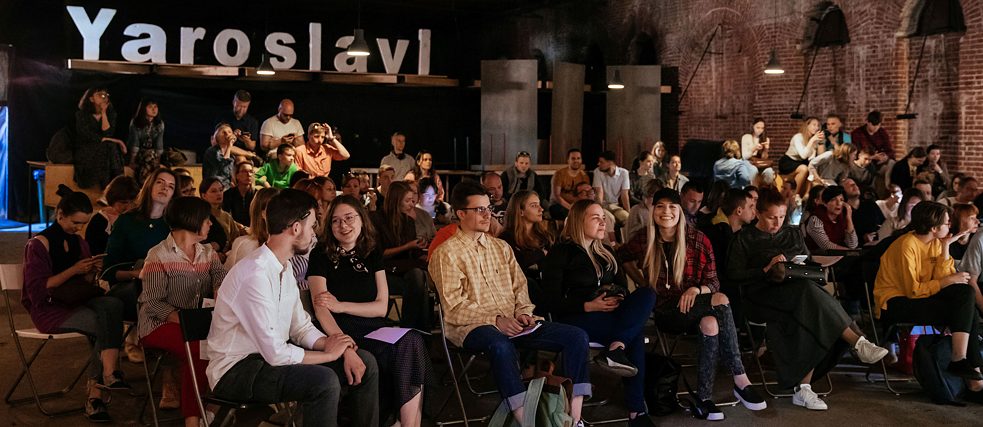The Earth is Flat – How to Read Media
Manipulation, Cyberbullying and Hate Speech

During a video production workshop for young people in Syktyvkar
|
Photo: Kirill Shuchalin
We can read media, but can we distinguish real news from fake? The Goethe-Institut Moscow is now entering its second round with The Earth Is Flat - How to Read Media? and is creating a participatory educational project.
By Anna Schüller
Media literacy and an intentionally critical attitude towards media content are necessary in the modern digital world. Do we recognise when media are juggling key words and concepts, putting facts into new contexts or even manipulating them? Do we recognise what is genuine information – and what is merely commentary or premature conclusions?
 Workshop for Youth in Syktyvkar, 19 May 2019
| Photo: Kirill Shuchalin
Workshop for Youth in Syktyvkar, 19 May 2019
| Photo: Kirill Shuchalin
From St Petersburg to Vladivostok
The Goethe-Institut Moscow has launched a new educational project called The Earth Is Flat - How to Read Media? aimed at the most active media consumers: young people between the ages of 12 and 17. But also media professionals, teachers and anyone who wants to understand the media better are involved in the project. Since autumn 2018, ten workshops, public events and teacher training courses have been held in ten Russian cities from St Petersburg to Vladivostok. Now the project is in its second half. At 15 workshops to be held in 15 Russian cities by the end of November, Russian teenagers will learn how modern media work and how they can protect themselves against manipulation, cyberbullying or hate speech. In addition, five webinars were produced with international media literacy experts as part of a comprehensive train-the-trainer programme. Opening event on 1 June 2019 in Yaroslavl with Jurij Saprykin about: "The new indignation: how to survive in a world of hurt feelings"
| Photo: Kirill Shuchalin
Opening event on 1 June 2019 in Yaroslavl with Jurij Saprykin about: "The new indignation: how to survive in a world of hurt feelings"
| Photo: Kirill Shuchalin